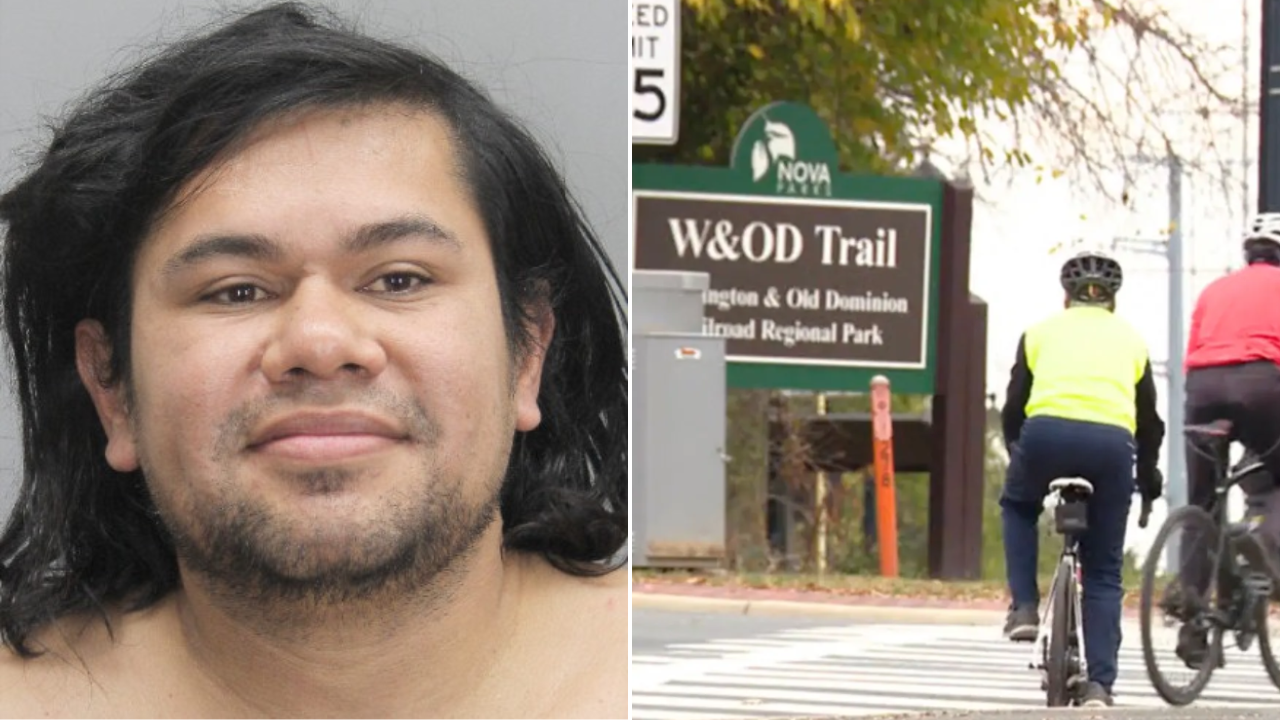ARTICLE AD BOX
The funeral of Russian opposition leader Navalny was held in Moscow on Friday, with a large number of people bidding farewell on the streets. At the same time, the situation of China's opposition figures has once again become the focus of outside public opinion.
Death of Navalny: Beijing does not comment on "Russian internal affairs"
No brave man is alone. China’s opposition movement faces transformation
Prominent Russian opposition figure Alexei Navalny died in a Russian Arctic prison on February 15. He has been arrested by the police many times because of his long-term struggle with the Moscow authorities and his disclosure of government corruption. Before his death, Navalny was serving a 19-year sentence in prison. Although Russia stated that Navalny passed away after feeling unwell after a walk, many Western leaders, including U.S. President Biden, have said that Russian President Putin should be responsible for Navalny's death.
After Navalny's death, the outside world also began to discuss why there has never been an opposition leader like Navalny in China. Wang Yaqiu, director of China, Hong Kong and Taiwan research at the international human rights organization Freedom House, analyzed this in the February journal (China Media Bulletin) published by the organization. She believes that because China highly censors public speech, it is impossible for Chinese human rights defenders and democracy supporters to address the public or speak freely in court hearings, which also makes it difficult for the Chinese version of Navalny to emerge. .
Wang Yaqiu quoted the latest "Freedom in the World in 2024" released by Freedom House and pointed out that although Russia and China are also classified as "not free" countries, Russia's overall freedom level is 16 points , while China only scored 9 points; in terms of Internet freedom, Russia scored 21 points, while China scored as low as 9 points.
She mentioned that in the process of Navalny defending democracy and freedom, he established an anti-corruption foundation to investigate corrupt Russian officials; he publicly ran for mayor and president; at the same time, he also operated YouTube The channel expresses political ideas and is supported by millions of fans. After being imprisoned, Navalny continued to communicate with the outside world through his lawyer to show the public his indestructible spirit. None of the above-mentioned approaches are possible in Chinese society that is tightly controlled and infiltrated by the Communist Party, so it is difficult for the Chinese version of Navalny to emerge.
Anyone can be Navalny if he stands up to authority.
A report by the US "New York Times" also pointed out that the non-profit humanitarian organization "Dialogue" has recorded nearly 50,000 cases of political prisoners in China since 2000. Currently, more than 7,000 people are being detained, and their popularity in China is far less than that of Navalny in Russia.
However, many netizens believe that even if China does not have a representative figure as well-known as Navalny, there are still many defenders of democracy in China who are similar to Navalny, including the deceased Nobel Peace Prize winner Liu Xiaobo, who was known as " Human rights lawyer Xu Zhiyong, who was sentenced for "inciting subversion of state power", missing human rights lawyer Gao Zhisheng, and "Teacher Li is not your teacher" on social media X (formerly Twitter), etc. These netizens believe that as long as they face authoritarianism, continue to pursue democracy and freedom, and firmly believe that the country will eventually change for the better, they will all be China's "Navalny".
.png)
 8 months ago
4
8 months ago
4









 English (US)
English (US)